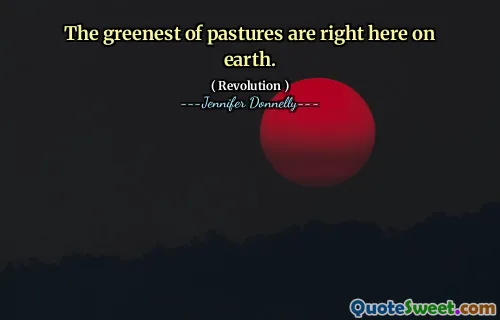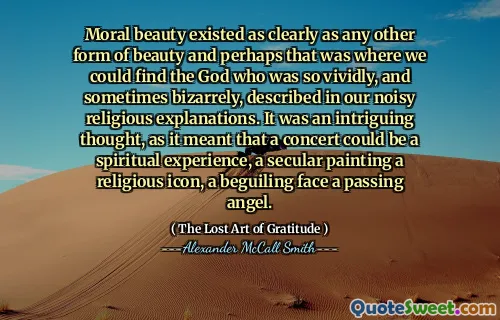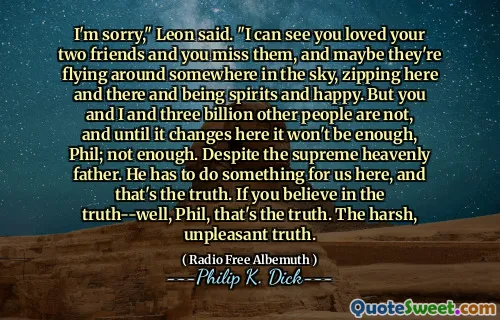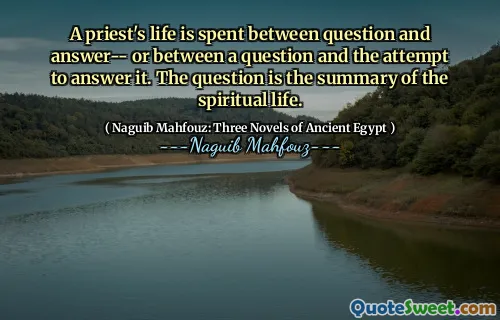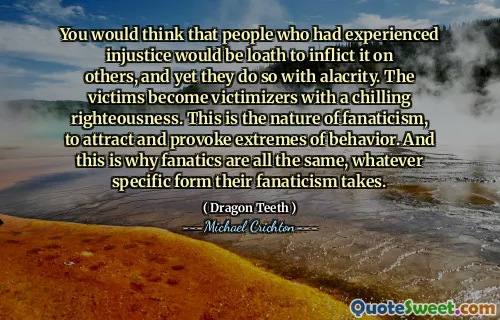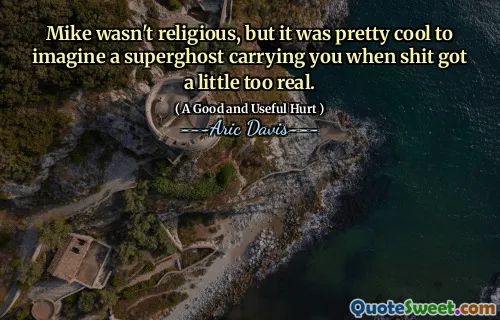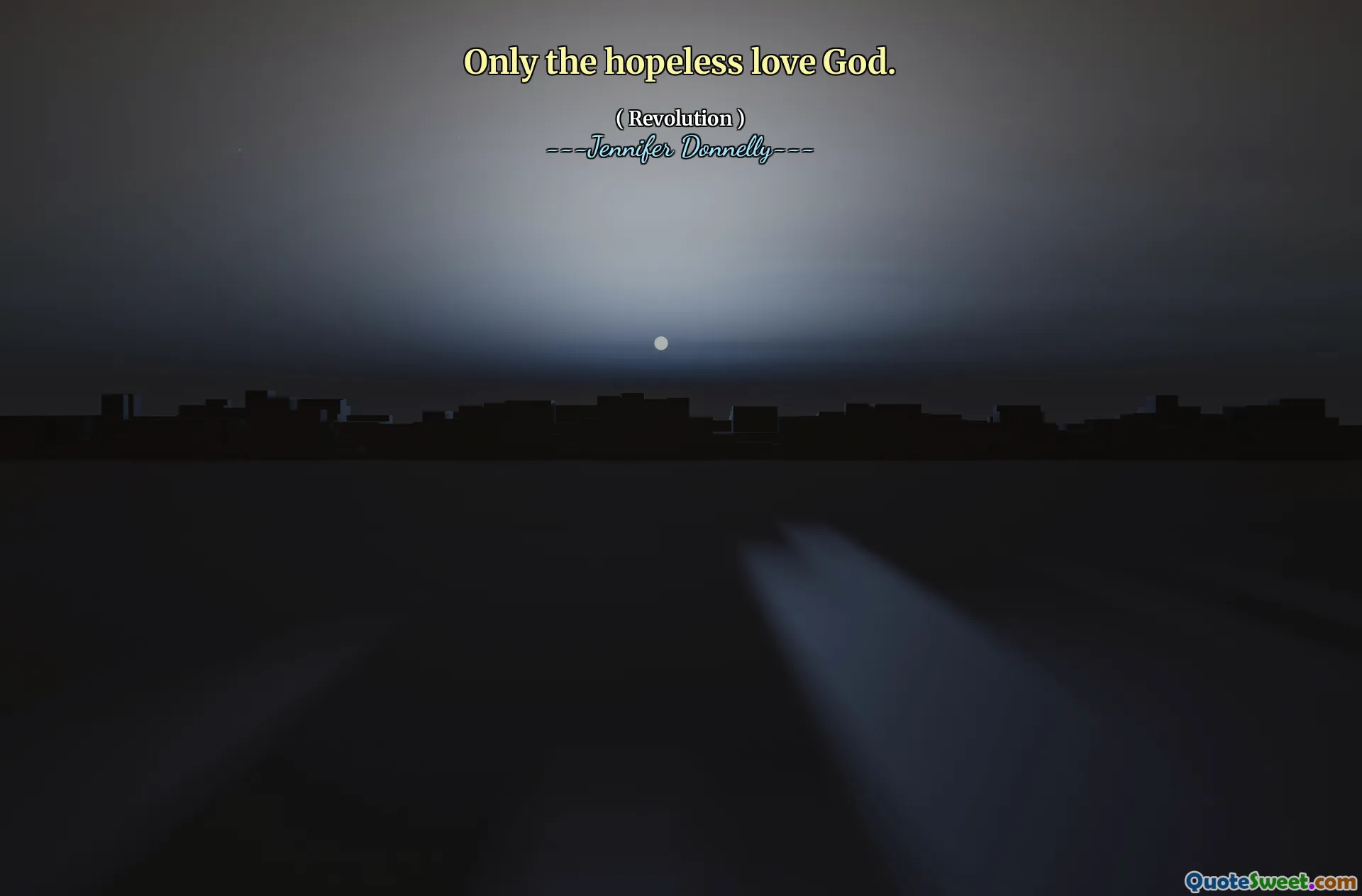
Only the hopeless love God.
This thought suggests a profound perspective on the nature of faith and human emotion. It highlights that perhaps those who feel most despairing, lost, or without hope are the ones who cling most fiercely to the idea of a higher power, seeking solace and meaning beyond their immediate circumstances. From a psychological standpoint, it reflects the human tendency to turn to spirituality or religion when faced with insurmountable challenges, as if in desperation or surrender. Interestingly, the statement can also be interpreted as a critique or a commentary on the nature of love and devotion—implying that love for God isn't necessarily driven by strength or happiness but often born out of vulnerability and desperation. Throughout history, many have found comfort in faith during times of adversity, and this quote captures that paradoxical truth. It reminds us that hope and despair are intertwined elements of the human condition; when hope diminishes, the desire for divine connection intensifies. It also raises questions about the idea of love itself—whether it is reserved only for those who are broken or whether true love exists beyond despair, in states of completeness as well. The quote serves as a reminder that faith can be a refuge for many—particularly when human efforts seem insufficient. From a literary perspective, this statement encapsulates the complexity of spiritual devotion—how vulnerability often begets a deeper connection with the divine. It challenged me to think about how we perceive love and hope in our spiritual journeys, and whether our struggles deepen our relationship with the divine or perhaps limit it to moments of difficulty. This reflection points to the universality of seeking love and purpose amidst the chaos of life, and how faith, in many cases, is cemented in our most fragile moments.

